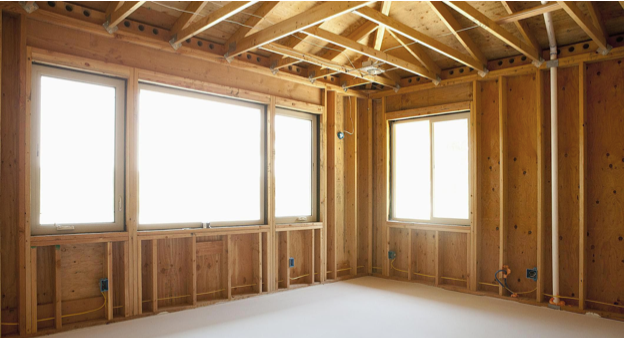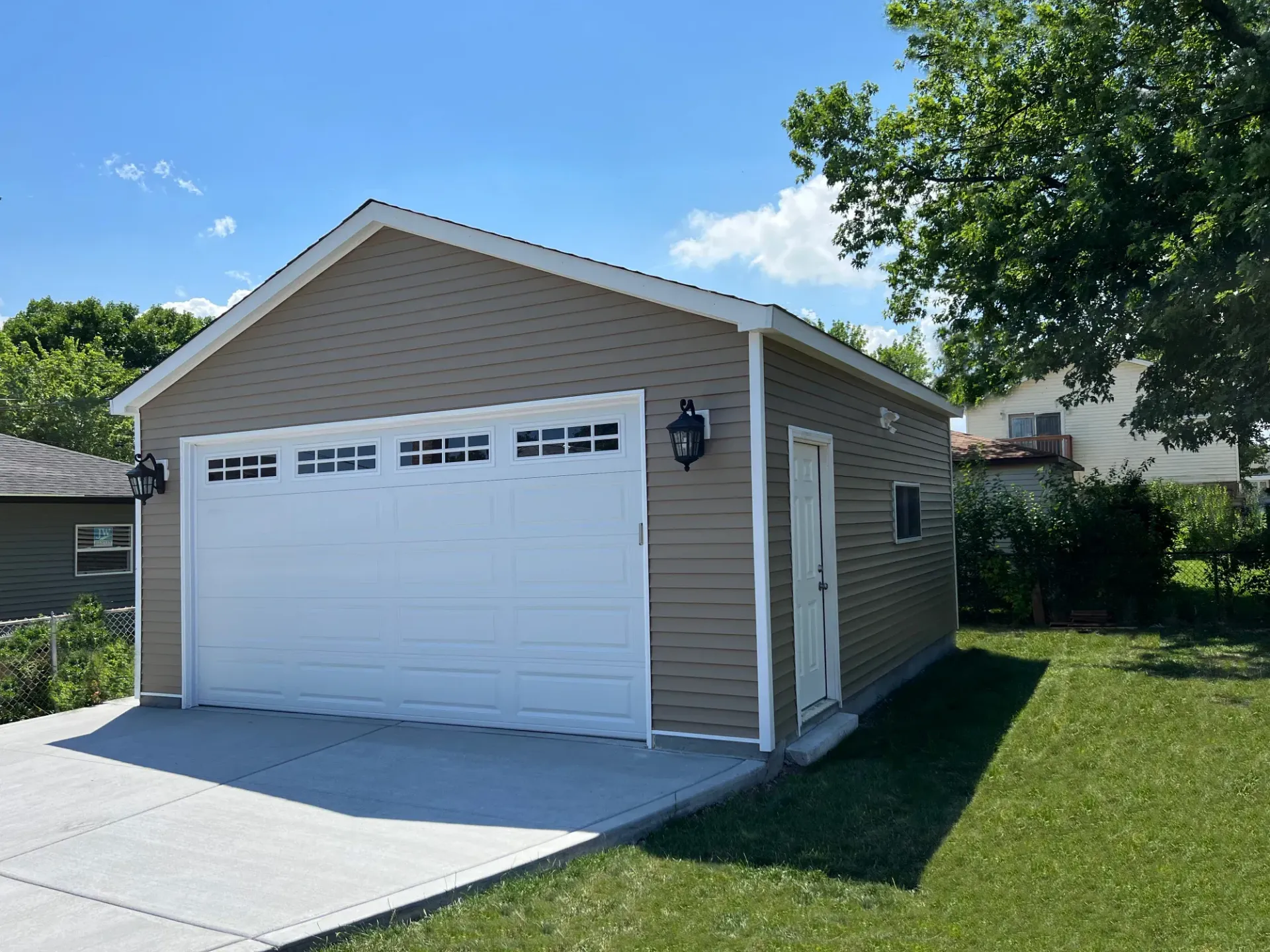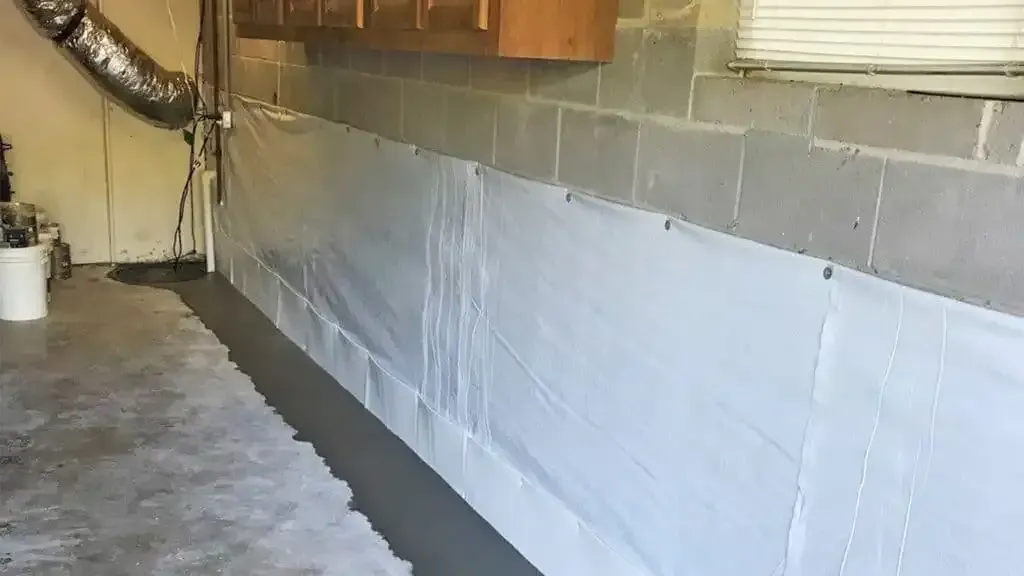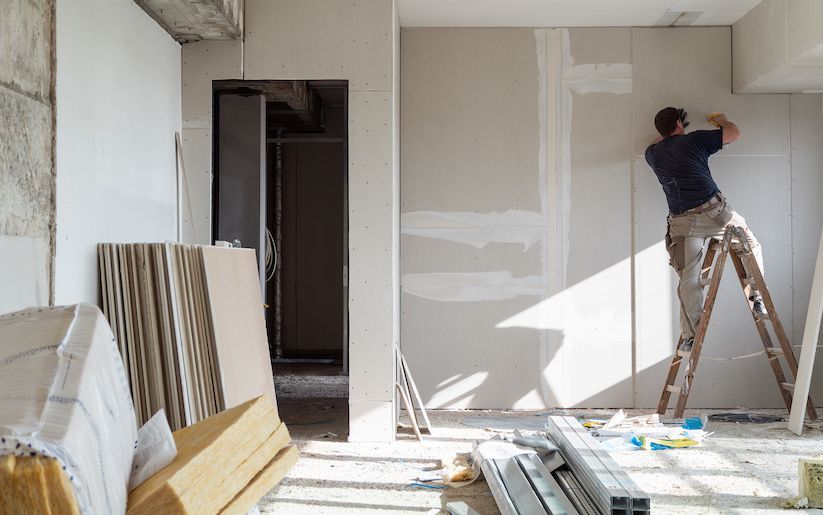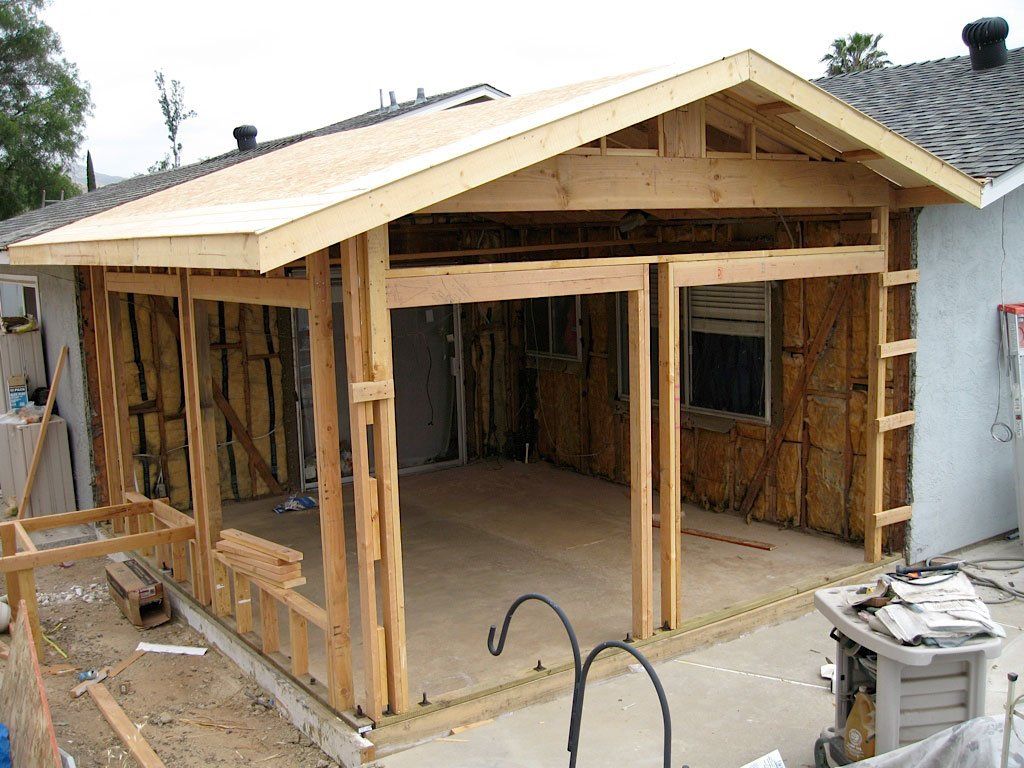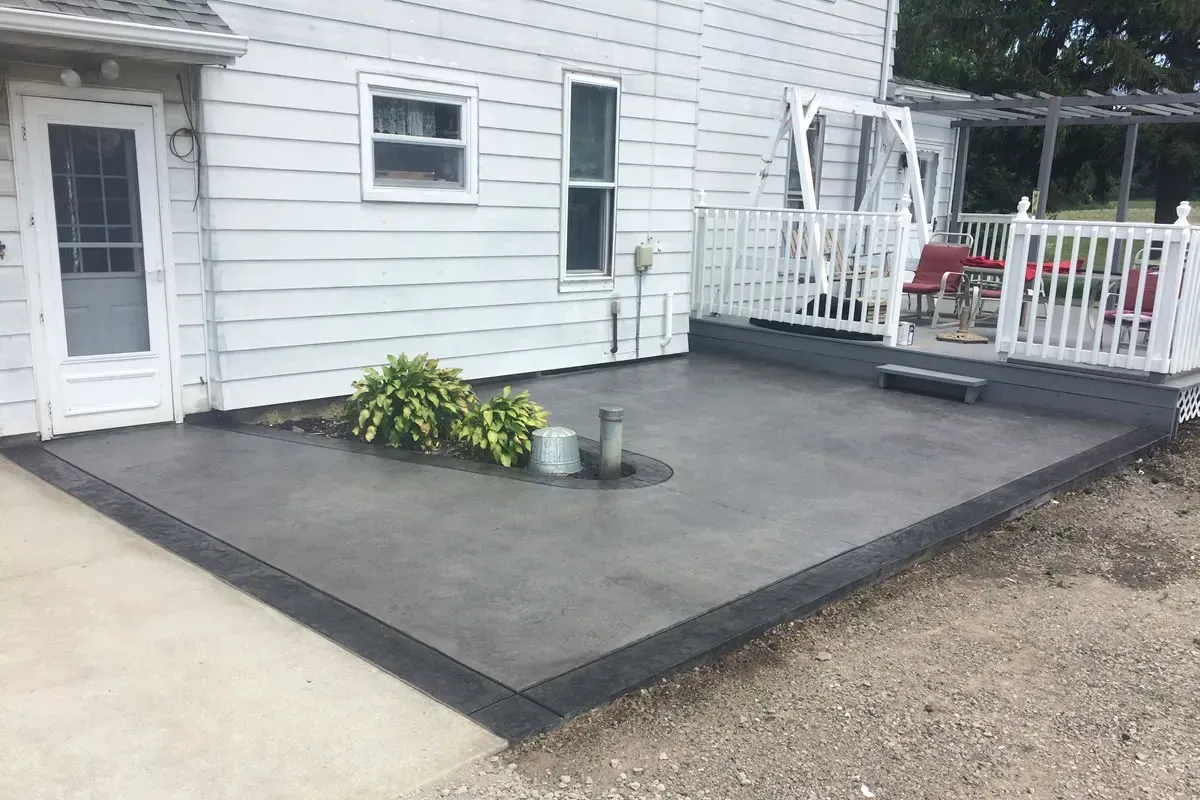Rhode Island Septic Inspection Requirements: What to Know
Yes, Rhode Island requires septic system inspections. Septic systems should generally be inspected every 2-5 years, depending on their size, type, and household usage. Advanced systems often require annual inspections. However, specific requirements vary by municipality, with some towns mandating inspections every 3 years while others require annual inspections for certain system types.
State-Level Requirements vs. Municipal Ordinances
Rhode Island's septic inspection requirements operate at two levels:
State Requirements (RIDEM)
The Rhode Island Department of Environmental Management (RIDEM) oversees septic system regulations statewide but doesn't mandate regular inspections for all systems. RIDEM recommends that homeowners hire a private septic system inspector and maintains a list of qualified professionals.
Municipal Requirements
Many Rhode Island communities have adopted wastewater management ordinances that require the regular inspection of septic systems by a Town approved professional. These local ordinances are often more stringent than state requirements.
Inspection Requirements by Rhode Island Municipality
Charlestown Septic Inspection Requirements
Charlestown has one of the most comprehensive septic inspection programs in Rhode Island:
- New Systems: Baseline inspection (First Maintenance Inspection) required three years from startup date
- Existing Systems: All systems required first maintenance inspection by 2006
- Ongoing Requirements: Regular inspections based on system type
- Cesspools: Annual inspections required for cesspool systems
- Approved Inspectors Only: Service providers must be approved by the Town and have completed coursework from the University of Rhode Island New England On-Site Wastewater Training Center
North Kingstown Septic Inspection Requirements
North Kingstown's Wastewater Management District Ordinance requires property owners to have their on-site wastewater treatment system inspected or pumped once every three years since the ordinance went into effect in 1999.
Portsmouth Septic Inspection Requirements
Portsmouth has phased inspection requirements:
- Priority Areas: Portsmouth Park and Island Park areas had to complete First Maintenance Inspections by July 1, 2017
- Town-wide Requirements: All systems required First Maintenance Inspection by December 31, 2022
- Failed Systems: All failed systems must be replaced immediately, with homeowners required to apply to RIDEM for a new system within 60 days
South Kingstown Septic Inspection Requirements
The Public Services Department oversees and enforces the Town's mandatory septic system (ISDS) inspection program.
Other Rhode Island Cities and Towns
Many other Rhode Island municipalities have similar inspection requirements, though specifics vary. Check with your local health department or building office for current requirements in your area.
Types of Septic Inspections in Rhode Island
First Maintenance Inspection (Baseline)
This comprehensive initial inspection establishes the condition of your septic system and typically includes:
- Complete system evaluation
- Tank condition assessment
- Distribution box inspection
- Leach field evaluation
- System pumping if needed
Routine Maintenance Inspections
Follow-up inspections performed according to municipal schedules:
- Visual system assessment
- Tank level evaluation
- Component functionality check
- Identification of needed repairs
Advanced System Inspections
Advanced systems often require annual inspections as a condition of approval to ensure proper functioning. These systems include:
- Denitrification systems
- Alternative treatment units
- Pump systems
- Sand filter systems
Real Estate Transaction Inspections
Comprehensive inspections typically required for property sales:
- Full system excavation and assessment
- Camera inspection of pipes
- Flow testing
- Detailed condition report
What's Included in a Rhode Island Septic Inspection
Professional septic inspections in Rhode Island include excavation of access covers to assess tank condition, looking for cracks, decay or root intrusion, verifying inlet and outlet baffles, and evaluating operating liquid levels.
Standard Inspection Components
Septic Tank Assessment:
- Tank structural integrity
- Inlet and outlet baffle condition
- Sludge and scum layer measurements
- Liquid level evaluation
Distribution System Evaluation:
- Distribution box condition
- Pipe integrity assessment
- Camera inspection when accessible
- Flow pattern analysis
Leach Field Inspection:
- Surface conditions
- Vegetation assessment
- Soil saturation evaluation
- Potential failure indicators
Excavation Requirements
Excavation is typically limited to 3' x 4' x 3' with additional charges for deeper excavation ($75/ft for each additional foot required).
Finding Qualified Septic Inspectors in Rhode Island
Town-Approved Inspectors
Many municipalities require inspections by town-approved professionals:
- Must complete specific training programs
- Carry appropriate insurance
- Familiar with local inspection protocols
- Access to municipal tracking databases
Qualifications to Look For
- Training through the New England Onsite Wastewater Training Program (NEOWTP)
- Rhode Island professional certification
- Local municipal approval
- Comprehensive insurance coverage
- Positive local references
Inspection Costs in Rhode Island
Septic inspection costs vary based on several factors:
Standard Inspection Costs
- Basic inspection: $300-$600
- Comprehensive inspection: $600-$1,200
- Real estate transaction: $800-$1,500
- Advanced system inspection: $500-$1,000
Additional Cost Factors
- Excavation needs: Additional charges for deep digging
- System complexity: Advanced systems cost more to inspect
- Accessibility: Difficult-to-reach systems increase costs
- Additional testing: Dye tests, flow tests add expense
When Septic Inspections Are Required
Municipal Schedule Requirements
- Every 3 years: Most common requirement
- Annual inspections: Advanced systems and cesspools
- Upon system failure: Immediate inspection and replacement planning
- Property transfer: Often required for real estate transactions
Recommended Inspection Timing
Even without municipal requirements, experts recommend:
- Every 2-3 years: Conventional systems
- Annually: Advanced treatment systems
- Before purchase: Any property with septic system
- After major repairs: Verify proper system function
Signs You Need an Immediate Septic Inspection
System Failure Indicators
- Sewage backups in house
- Standing water over leach field
- Strong sewage odors outside
- Slow-draining fixtures
- Gurgling sounds in plumbing
Performance Issues
- High nitrate levels in nearby wells
- Lush grass growth over leach field
- Pooling water in yard after rain
- Frequent need for pumping
- Visible sewage on ground surface
What Happens After a Failed Inspection
Immediate Actions Required
Functional inspections including flow trials and possibly dye tracing may be required at the inspector's discretion when systems show problems.
Repair vs. Replacement Decisions
- Minor repairs: Tank baffles, distribution boxes
- Major repairs: Leach field rehabilitation
- Full replacement: Complete system failure
- Compliance timeline: Municipal deadlines for corrections
RIDEM Permit Process
- Application for new system within required timeframe
- Site evaluation and soil testing
- System design and engineering
- Construction permits and inspections
Advanced and Alternative Septic Systems
Rhode Island allows various advanced treatment systems with special requirements:
Denitrification Systems
- Reduce nitrogen discharge to groundwater
- Annual inspection requirements
- Regular maintenance contracts
- Performance monitoring
Alternative Treatment Units
- Sand filters, constructed wetlands
- Enhanced inspection protocols
- Specialized maintenance needs
- Performance testing requirements
Maintaining Compliance with Rhode Island Requirements
Record Keeping
- Maintain inspection reports
- Document pump-out dates
- Keep repair receipts
- Track system performance
Scheduling Inspections
- Mark calendar for required dates
- Don't wait for municipal notices
- Schedule during dry weather when possible
- Plan for potential repairs
Working with Municipalities
- Understand local requirements
- Submit reports promptly
- Address violations quickly
- Maintain communication with officials
Environmental Considerations
Rhode Island's septic inspection requirements help protect:
Groundwater Quality
- Prevent contamination of private wells
- Protect drinking water supplies
- Maintain aquifer integrity
- Reduce nitrate pollution
Coastal Water Protection
- Prevent nutrient loading in coastal areas
- Protect shellfish beds
- Maintain water quality standards
- Support marine ecosystem health
Cost Benefits of Regular Inspections
Preventive Maintenance Savings
- Early problem detection
- Avoid emergency repairs
- Extend system lifespan
- Prevent total system failure
Property Value Protection
- Maintain home marketability
- Avoid real estate transaction delays
- Document proper maintenance
- Prevent costly last-minute repairs
Preparing for Your Septic Inspection
Before the Inspector Arrives
- Locate septic system components
- Clear access to tank and distribution box
- Gather previous inspection reports
- Note any recent system problems
During the Inspection
- Be available for questions
- Document recommendations
- Understand identified issues
- Get written report
After the Inspection
- Schedule needed repairs promptly
- File reports with municipality if required
- Plan for next inspection
- Budget for recommended maintenance
Rhode Island Septic System Regulations
Current Regulatory Framework
- Rhode Island State Building Code requirements
- RIDEM environmental protection standards
- Municipal wastewater management ordinances
- Coastal resource management considerations
Staying Updated
- Monitor municipal website updates
- Attend public hearings on ordinance changes
- Work with qualified professionals
- Join local homeowner associations
Future of Septic Inspections in Rhode Island
Regulatory Trends
- Increasing municipal adoption of inspection requirements
- Enhanced environmental protection standards
- Technology integration in inspection processes
- Climate change adaptation measures
Technology Improvements
- Digital inspection reporting
- Remote monitoring capabilities
- Enhanced diagnostic equipment
- Improved system designs
Common Mistakes to Avoid
Inspection Timing Errors
- Waiting until system fails
- Missing municipal deadlines
- Scheduling during wet weather
- Ignoring advanced system requirements
Inspector Selection Problems
- Choosing unqualified inspectors
- Not verifying municipal approval
- Selecting based on price alone
- Ignoring local experience requirements
Resources for Rhode Island Homeowners
Government Resources
- Rhode Island Department of Environmental Management (RIDEM)
- Local health departments
- Municipal building departments
- University of Rhode Island Cooperative Extension
Professional Organizations
- Rhode Island Onsite Wastewater Professionals
- New England Onsite Wastewater Training Program
- National Association of Wastewater Technicians
- Local contractor associations
Planning for Long-Term Septic System Health
Maintenance Best Practices
- Regular pumping every 3-5 years
- Water conservation measures
- Proper waste disposal habits
- Professional inspections on schedule
System Upgrades and Improvements
- Consider advanced treatment upgrades
- Install monitoring systems
- Improve drainage around system
- Plan for eventual replacement
Need help navigating Rhode Island's septic inspection requirements?
Rockhouse Construction has extensive experience with septic systems throughout Rhode Island and can help coordinate inspections, repairs, and compliance with municipal requirements. Our team understands the varying regulations across Rhode Island communities and can guide you through the inspection process while ensuring your system meets all local and state standards.
Contact us today to discuss your septic system needs and let our local expertise help protect your investment and ensure regulatory compliance.



